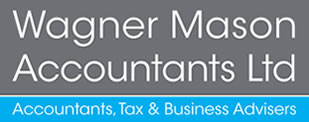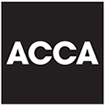
The importance of cash flow in the Scooby snacks business.
Scooby and Shaggy have identical market shares and make the same profit.
Shaggy is all over cash flow
- He pays his suppliers 30 days after month of invoice
- He manages his stock so that he never is holding large amounts of stock (whilst ensuring he can meet customer demand)
- His customers are either on standing order or pay up front
- As a result he's got plenty of cash in the bank
Scooby Doo has no interest in cash flow
- He pays his suppliers up front
- He holds a large stock of Scooby snacks so requires a large warehouse
- He invoices his customers at the end of the month and never chases them if they don't pay
- As a result he very quickly runs out of cash and goes out of business
Shaggy swoops in and takes all his customers and Scooby doo is out of business!
Scooby Doo profit extraction (based on 2015/16 tax rates)
Update on what happened to Scooby Doo after his Scooby Snacks Business went bust through lack of cash flow
He set up Scooby Doo T-shirts Ltd
He learnt his lesson on cash flow and had a reasonable 1st year making £80k cash backed profit.
He wanted to extract that from the company so he thought he would pay himself a salary to reduce the profit so he had no corporation tax to pay. So from the £80k profit HMRC got £31k in PAYE and National Insurance leaving him with £49k.
If he’d spoken to Wagner Mason Accountants he could have
- Paid himself a salary of £10,600 (no income tax and minimal National Insurance)
- Paid his wife Scooby Deee a £10,600 salary (as she was heavily involved in the business)
- Paid HMRC corporation tax and NIC of £13k
- Made his wife a 50% shareholder in the business and taken the rest as dividends between them
Net result he and his wife have £67k rather than £49k WHICH IS A SAVING OF £18K IN TAX AND NATIONAL INSURANCE
Recent Posts
- Sole trader or Ltd. What is the difference in tax payable? Watch this video
- Manage your pay within tax bands and avoid paying tax at 60%
- Setting up a new business right first time
- Increasing profits by increasing sales
- Why profit doesn't equal cash!
- Are you on the VAT Flat Rate Scheme? Make sure you watch this!
- Know your numbers to grow your business
- Could your Ltd reduce its corporation tax?
- Claiming business mileage as an employee
- Do not assume HMRC are always correct
- Why does profit not equal cash? Working capital explained


